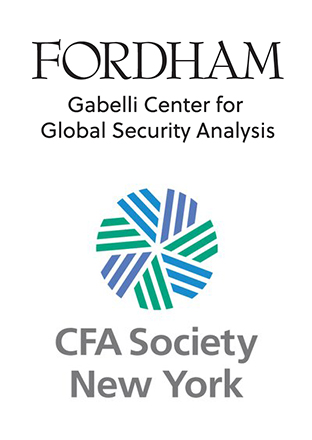Tuesday, November 1, 2022 | 12:00 PM to 1:00 PM
The global economy is at a crossroads. Can finance fix it? Proponents of environmental, social and governance (ESG) investing say yes. They claim that new financial strategies that consider all stakeholders are essential tools for addressing runaway carbon emissions and stark income inequality, among other ills. ESG-integrated investments already encompass more than $120 trillion in financial assets. Is this approach really leading to better social and environmental outcomes for all? If not, how can it be improved?
In Sustainable, a finance-industry veteran offers an insider’s look at the promises, prospects and limitations of ESG investing and provides comprehensive solutions that would promote more optimal outcomes. Terrence Keeley argues that both activist and C-suite advocates have been overly optimistic about what ESG can accomplish. Divestment threats are ineffective tools for altering corporate behavior, and verifiably “good” companies do not systematically generate great returns. Most importantly, business and finance cannot achieve inclusive, sustainable growth on their own: regulators, public policies, civil society and individuals must all play specific, complementary roles to shape the future we need.
About the Author
Terrence Keeley has been an adviser to the world’s largest sovereign wealth funds, national pension plans, endowments, foundations and asset managers for more than three decades. He is the CEO and CIO of 1PointSix LLC, an advisory firm which provides impact investing advice. Until July of this year, he was a Managing Director at BlackRock, overseeing educational initiatives and many of the firm’s largest and most complex institutional relationships. In 2021, he was named a leading global “Knowledge Broker” by Chief Investment Officer.
Read Mr. Keeley's recent articles on this topic:
"ESG Does Neither Much Good nor Very Well" (Wall Street Journal)
"Why ESG Funds Fail and How They Could Succeed" (Wall Street Journal)
"Was Milton Friedman the First 'Woke' Capitalist?" (Fortune)

